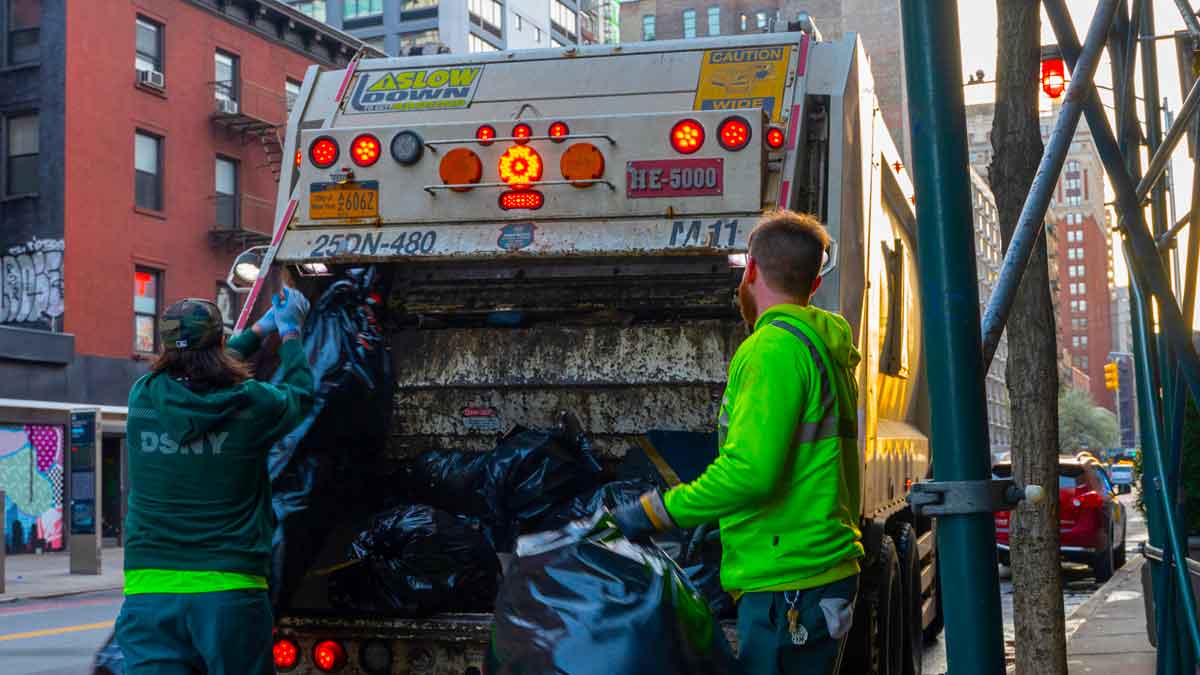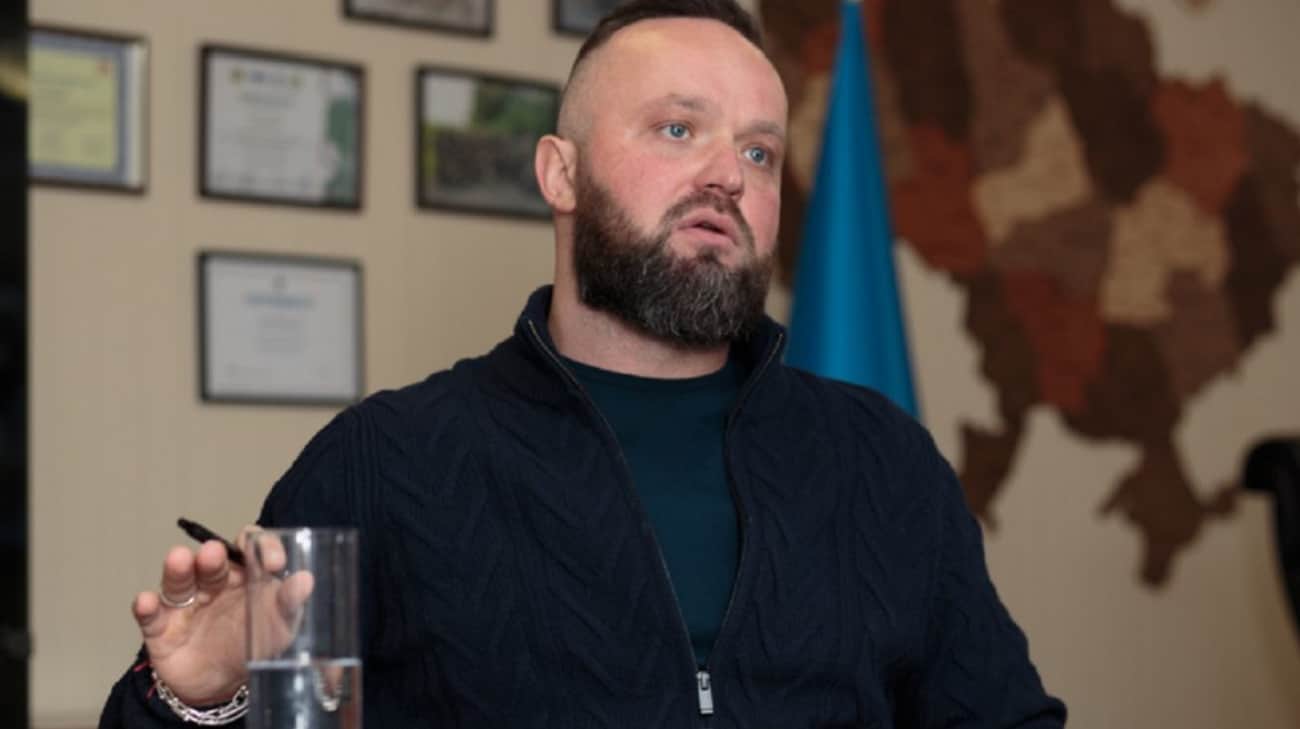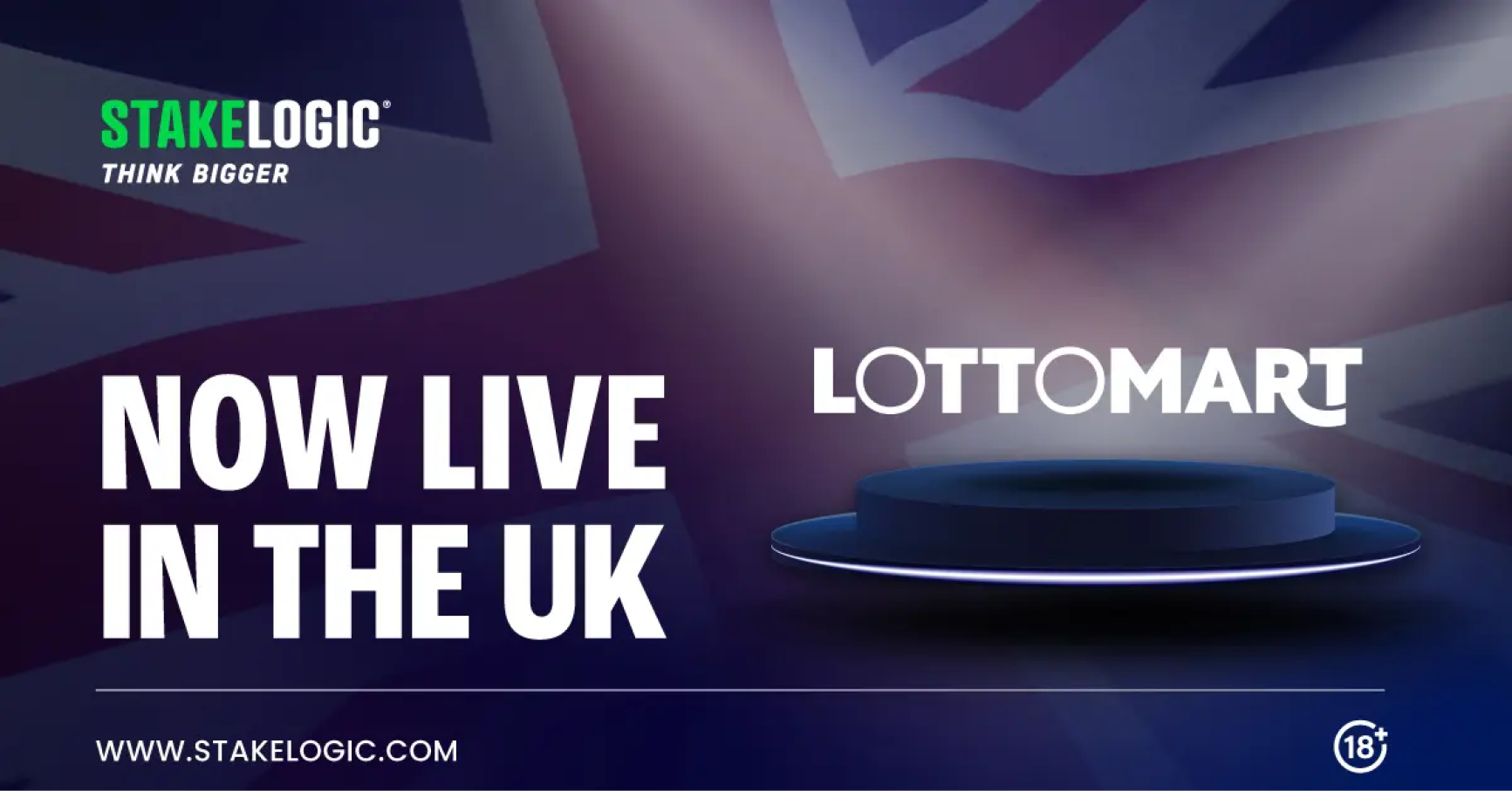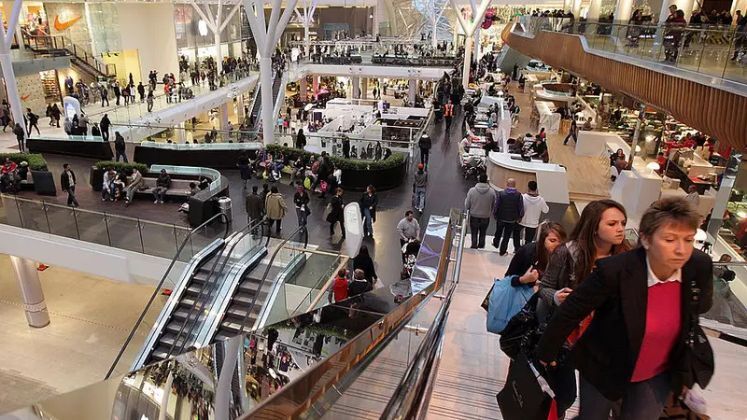Jobs
US announces H-1B visa overhaul to fill jobs faster; Indians likely to benefit most

In what would cheer hundreds of thousands of Indians, the Department of Homeland Security (DHS) has announced a final rule to modernise the H-1B visa programme, enabling US companies to fill critical job vacancies more effectively. The updated rule, which takes effect on January 17, 2025, will streamline the approval process, provide greater flexibility for employers to retain top talent, and strengthen the integrity and oversight of the programme.
This move is likely to benefit Indians the most.
In recent years, Indians have cornered a lion’s share of H-1B visas. The update would also benefit Indian students on F-1 visas in the US as the new rules seek to help them transition to jobs.
According to US Citizenship and Immigration Services (USCIS), these changes aim to address labour needs in critical fields and enhance the US economy.
“American businesses rely on the H-1B visa programme for the recruitment of highly-skilled talent, benefitting communities across the country,” said Secretary of Homeland Security Alejandro N Mayorkas.
“These improvements to the program provide employers with greater flexibility to hire global talent, boost our economic competitiveness, and allow highly skilled workers to continue to advance American innovation,” he added.
KEY UPDATES IN THE NEW RULE
Key updates in the new rule include flexibilities for F-1 visa students transitioning to H-1B status, ensuring continued lawful status and employment.
The new rule also permits quicker processing for individuals previously approved for an H-1B visa and extends eligibility to beneficiaries with a controlling interest in the petitioning organisation under certain conditions.
Additionally, the new rule strengthens programme integrity by codifying USCIS’ authority to conduct inspections and impose penalties for non-compliance.
It requires employers to establish that they have a bona fide job in a speciality occupation by the worker’s start date and provide supporting documentation consistent with their Labour Condition Application.
H-1B visa petitioners must also have a legal presence in America and be subject to US legal processes, according to USCIS.
NEW RULE MODERNISE THE DEFINITION OF H-1B VISA
The H-1B visa programme, established by Congress in 1990, allows US employers to temporarily employ foreign workers in speciality occupations requiring highly specialised knowledge and at least a bachelor’s degree.
The new rule will modernise the definition of speciality occupations and clarifies eligibility criteria, particularly for non-profit and governmental research organisations exempt from the annual visa cap, according to the USCIS.
“The changes made in today’s final rule will ensure that US employers can hire the highly skilled workers they need to grow and innovate while enhancing the integrity of the programme,” USCIS director Ur M Jaddou said.
The H-1B visa annual cap is set at 85,000. And for this financial year, the USCIS has announced that they have reached the annual quota. Of these 85,000 H-1B visas, 65,000 are for regular cap and the rest of 20,000 are for the US advanced degree or master’s degree. But many non-profits are exempt from that cap.
H-1B visa holders are primarily from India. In 2023, Indians made up 72.3% of the 386,000 H-1B visas issued.
US companies depend on H-1B visas to hire hundreds of thousands of employees each year from countries like India and China.
H-1B visa applications often exceed the annual cap, and visas are awarded through a lottery system. This means many eligible applicants are denied simply due to chance.
However, cap-exempt organisations, such as certain non-profits and government research institutions, can apply for H-1B visas year-round without being limited by the annual cap.
Under the new rule, these organisations will be more clearly defined as those whose main activity is research. This change aims to resolve past confusion about which organisations qualify for the cap exemption, according to The Hill.









